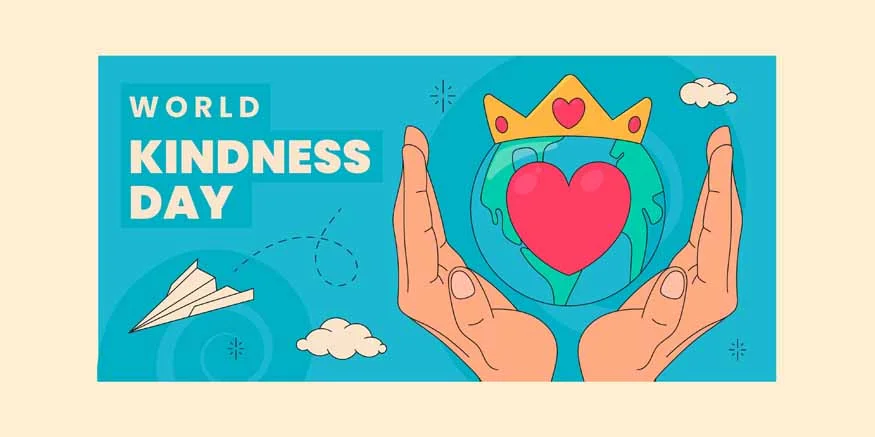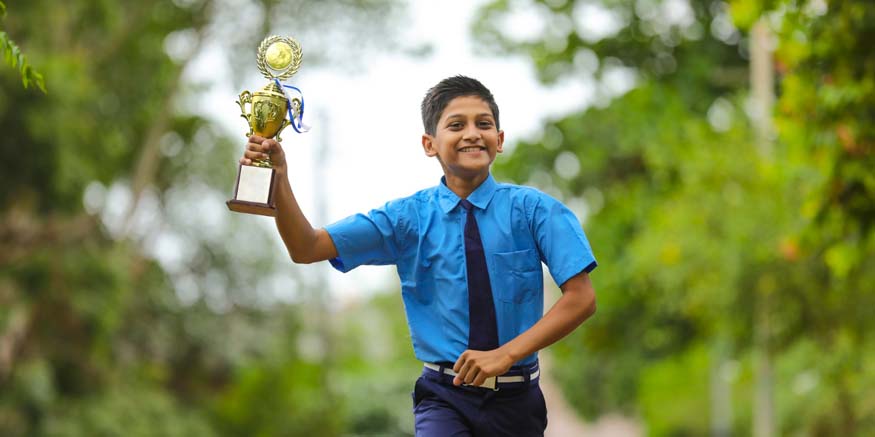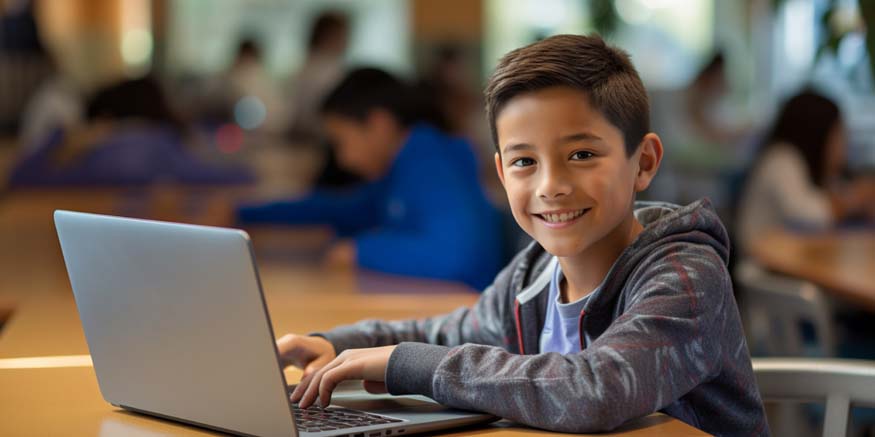World Kindness Day is celebrated annually on November 13 as part of the Global Kindness Movement.
Kindness is an opportunity to pause and reflect on its true meaning. Those “small, tiny moments” often matter the most. But how often do we really stop to consider what we mean when we use the word? What is kindness? Who does it apply to? And how do we know when we, or someone else, have been ‘kind’?
The ideal, in my view, is to pair respect and kindness in our treatment of others.
What is Kindness?
My old 2001 Oxford Dictionary of English defines kindness as ‘the quality of being friendly, generous, and considerate’. Interestingly, the use of ‘and’ suggests that all three of these conditions must be present for true kindness to exist. One can be friendly yet not kind, or both generous and considerate but still not kind. Perhaps it’s when all three conditions align that we feel the genuine pleasure of kindness.
Kindness: It Costs Nothing But Means Everything!
“Unexpected kindness is the most powerful, least costly, and most underrated agent of human change.”
Kindness is a sign of strength and courage. It is a crucial interpersonal skill.
Synonyms for Kindness
- Benevolence
- Care
- Compassion
- Concern
- Courtesy
- Friendliness
- Gentleness
- Goodness
- Goodwill
- Grace
- Graciousness
- Helpfulness
- Hospitality
- Loving
- Patience
- Philanthropy
- Sympathy
- Tenderness
- Thoughtfulness
- Tolerance
- Understanding
- Unselfishness
Why is Kindness Important?
Kindness is important because it makes the world a better place. When we practise kindness, whether towards others or ourselves, we can experience positive mental and physical changes, such as lowered stress levels and increased production of feel-good hormones like dopamine, oxytocin, and serotonin. Being kind helps boost the immune system, reduce blood pressure, and alleviate stress and anxiety.
Kindness also strengthens a sense of community and belonging. The great thing is that it isn’t difficult to be kind. As the Dalai Lama said, “Be kind whenever possible. It is always possible.”
Also Read: The Power of Positive Affirmations: Boost Your Happiness and Well-Being
How Do We Show Kindness to Others?
Showing kindness doesn’t have to involve grand gestures. Often, it’s the smallest acts of kindness that have the most impact. Mother Teresa once said, “We cannot do great things on this earth, only small things with great love.”
A moment of support during a time of need, a quiet word of encouragement, a helping hand to carry a heavy load, or even just a smile that says ‘I see you’ can make a world of difference. Staying connected with others is another way to demonstrate kindness.
Being Kind to Yourself
While being kind to others, we must also remember to be kind to ourselves. Taking breaks from stressful work when needed, journaling, practising positive self-talk, exploring outdoor activities, meditating, getting a good night’s sleep, eating healthily, or going for a walk—these self-care activities are acts of kindness to oneself. If you aren’t kind to yourself, how can you be kind to others?
Physical care and love are nourishing, reassuring, and essential. Practising gratitude is another way to show kindness to yourself. Focusing on what you are grateful for—such as a hot cup of coffee, a sunny morning, or the simple realisation that you have another day to live—can increase happiness and shift attention away from negative thoughts.
Simple Ways to Show Yourself Kindness
- Self-awareness: Being kind to yourself starts with building self-awareness. Listen to your inner voice with curiosity. What are you telling yourself? How often are you negative or critical? How infrequently do you praise yourself or recognise your strengths? Consciously acknowledge the positive things about yourself.
- Generosity: Be generous with yourself. Give yourself time, disconnect from technology, and immerse yourself in nature. Many people freely give to others but struggle to extend the same generosity to themselves.
- Avoid Comparison: Avoid the trap of comparison. We live in a world where TV, advertising, and social media constantly show us how we don’t measure up. Don’t fall into this trap, as it leads to negative self-talk—the opposite of kindness.
- Recharge: If you’re an introvert (as approximately 70% of people are), remember that after socialising or working with others, you’ll need quiet time alone to recharge. This isn’t selfish; it’s necessary. By doing so, you are being friendly, generous, and considerate to yourself.
Random Acts of Kindness Ideas
Need some inspiration to engage in random acts of kindness? Here are some simple ideas:
- “Kindness is doing what you can, where you are, with what you have.” —RAKtivist
- Start your day on a positive note.
- Give someone a hug to show you care.
- Spend time with grandparents and teach them how to use an electronic device.
- Compliment a parent with polite, well-behaved children.
- Hold the door or lift for the person behind you.
- Give up your seat on the bus.
- Donate gently used clothes and old mobile phones to charity.
- Offer help with everyday chores to elderly neighbours.
- Decorate the workplace with positive messages and inspirational quotes.
- Mentor youngsters and share your knowledge freely.
- Keep a desk plant and take care of it.
- Recommend someone for a job opening if they deserve it.
- Pick up litter and dispose of it properly.
- Leave a note of appreciation for your colleague.
- Befriend someone new at your gym and help them out.
- Spend more quality time with your family.
- Forgive someone who has wronged you.
- Visit an estranged friend or family member.
- Assist someone who looks lost.
- Become an organ donor.
- Avoid complaining for an entire day.
- Donate vacation or sick days to coworkers in need, if permitted by your organisation.
- Take a day off to do something you enjoy.
Takeaways
Let’s spread the ripple of kindness! You’ll feel better for it.
“In the words of James Bach, kindness doesn’t cost a penny to share, but it can be the most valuable thing you will ever receive.”
The more we practise kindness and compassion, the easier and more natural it becomes. It’s like a good habit—the energy of kindness expands like a rising tide. We become more willing to extend the gift of kindness to others, animals, plants, and our planet.
“I’ve learned that people will forget what you said, people will forget what you did, but people will never forget how you made them feel.” —Maya Angelou
Also Read: Promoting a Culture of Kindness and Inclusion in Schools









